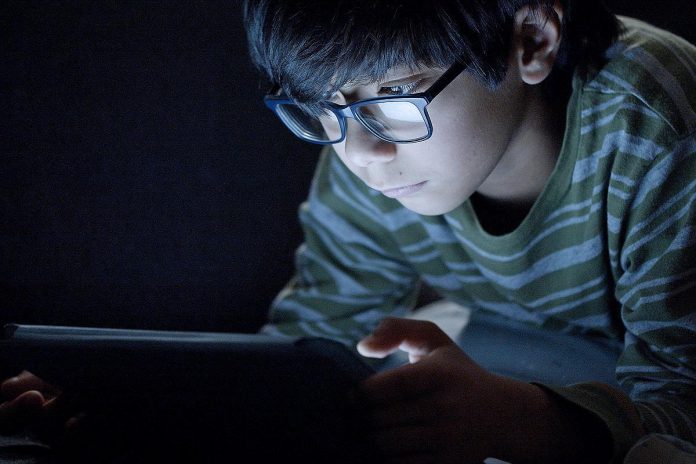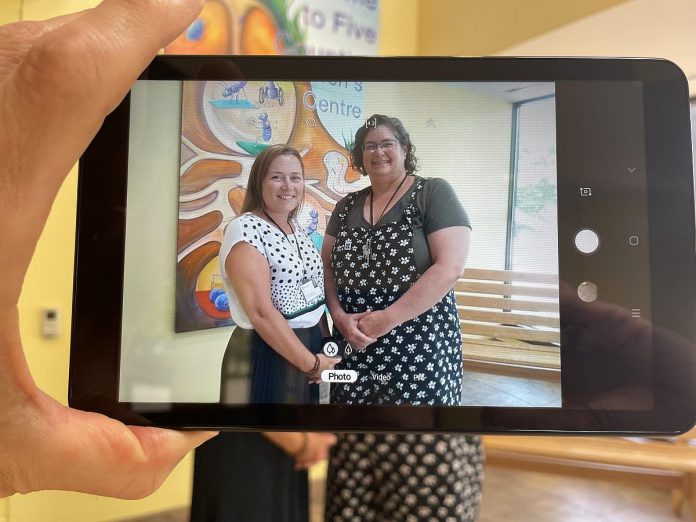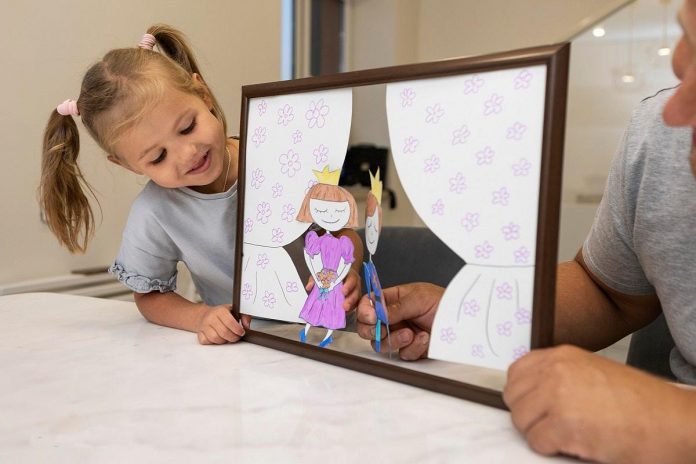
Kids can quickly rack up screen time, even though it doesn’t always add up to good results.
Often in our treatment sessions with families, we ask how much screen time a child gets in a day. On occasion, we may discover a child spends up to 12 hours per day in front of a smartphone, tablet, TV, computer, gaming console, or other digital screen.
While this is not the norm, we do know that COVID-19 has fuelled an increase in screen time, especially among very young children.
Digital devices are part of everyday life, and putting kids in front of the TV, tablet, or cellphone can be a lifeline for adults trying to make dinner or complete a task. However, unless it’s an assistive device or technology to help a child communicate or learn, too much unsupervised screen time can be unhealthy for kids.
Studies show that too much screen time in infancy can impact brain activity, development, learning and lead to problems with behaviour, emotions, and controlling impulses. That’s why the Canadian Paediatric Society (CPA) recommends against any screen time for children under age two, unless it’s to video chat with caring adults or extended family.
For kids two to five years of age, the CPA advises limiting “routine or sedentary screen time” to an hour or less each day.

At Five Counties, we see the value of limiting kids’ screen time. This is especially important when young children need active play and quality family time to develop important life skills like language, self-regulation, play, and creative thinking.
This is apparent with speech and language development, as it’s through talking, hearing, being read to, and interacting with parents, children, and other caregivers that kids truly learn.
Parents who model communication and language skills for children provide a richness that a machine or device cannot.
The same applies from an occupational therapy perspective. Far from calming or quieting a child, screen time overstimulates and disrupts sleep.
Being on a screen for long periods of time also means missed opportunities for interactive play, engagement, and activities. These are important to help promote muscle movement, co-ordination, and skills in the use of arms and legs, as well as hands, fingers, and wrists.
Play is how kids learn, and without that opportunity we do them a disservice. Real play (not on a game console) allows kids to be imaginative, socialize with others, problem-solve, and learn new skills. This sparks the brain’s neural connections that are so critical, especially at a young age.

Summer is a great time to unplug and enjoy activities together as a family like reading, outdoor play, and crafts. Reducing screen time is something that benefits kids all year-round.
Setting limits on screen time when kids are young is easier than cutting back when they’re older. It’s also a good lesson for adults to take, being role models for kids in setting limits on their screen time too.
Left to their own devices, it’s easy for kids to spend too much time in the digital world. With direction, let’s help them realize real time has so much more to offer than screen time!


























